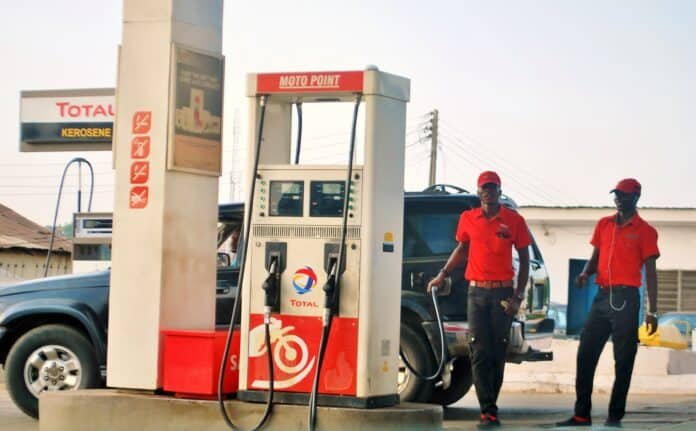Even those who have never owned a car will quickly warn you against diesel cars. Whether this diesel phobia is something one should consider or not remains unclear.
We went ahead and spoke to a number of car dealers, mechanics, and owners, and it was easy to realize that diesel engines in general may not be as recommended or as popular in Kenya for several reasons:
- Fuel Availability: In Kenya, petrol (gasoline) is more widely available and accessible than diesel fuel. This makes petrol vehicles more convenient for daily use because drivers can find petrol stations more easily. Diesel pumps are relatively less common, especially outside major urban areas.
- Resale Value: Diesel vehicles often have lower resale values compared to their petrol counterparts in Kenya. This is because of concerns about maintenance costs and a perception that petrol vehicles are more suitable for the local conditions and driving habits.
- Initial Cost: Diesel engines are typically more expensive to manufacture and, therefore, can result in higher upfront costs for the vehicle. In a price-sensitive market like Kenya, this can be a significant factor for consumers.
- Maintenance and Parts: Diesel engines can be more expensive to maintain and repair due to the specialized parts and higher labor costs associated with diesel technology. Petrol engines are generally considered more cost-effective in this regard.
- Emissions Regulations: Diesel engines tend to emit more particulate matter and nitrogen oxides, which can be a concern in areas with strict emissions regulations. Petrol engines are often perceived as cleaner and more environmentally friendly.
- Consumer Preferences: Consumer preferences and perceptions also play a role. In many markets, including Kenya, there’s a perception that petrol engines are more suitable for everyday driving, and people are more accustomed to using petrol vehicles.
It’s worth noting that there are exceptions, and some individuals or businesses in Kenya may prefer diesel vehicles, especially for specific applications like long-haul transportation, where diesel engines can provide better fuel efficiency and torque. Additionally, the preference for petrol or diesel may evolve over time as fuel infrastructure and technology change.
Ultimately, the choice between petrol and diesel depends on individual needs, preferences, and the specific use case of the vehicle. It’s essential to consider factors like fuel availability, maintenance costs, and local regulations when making a decision.







